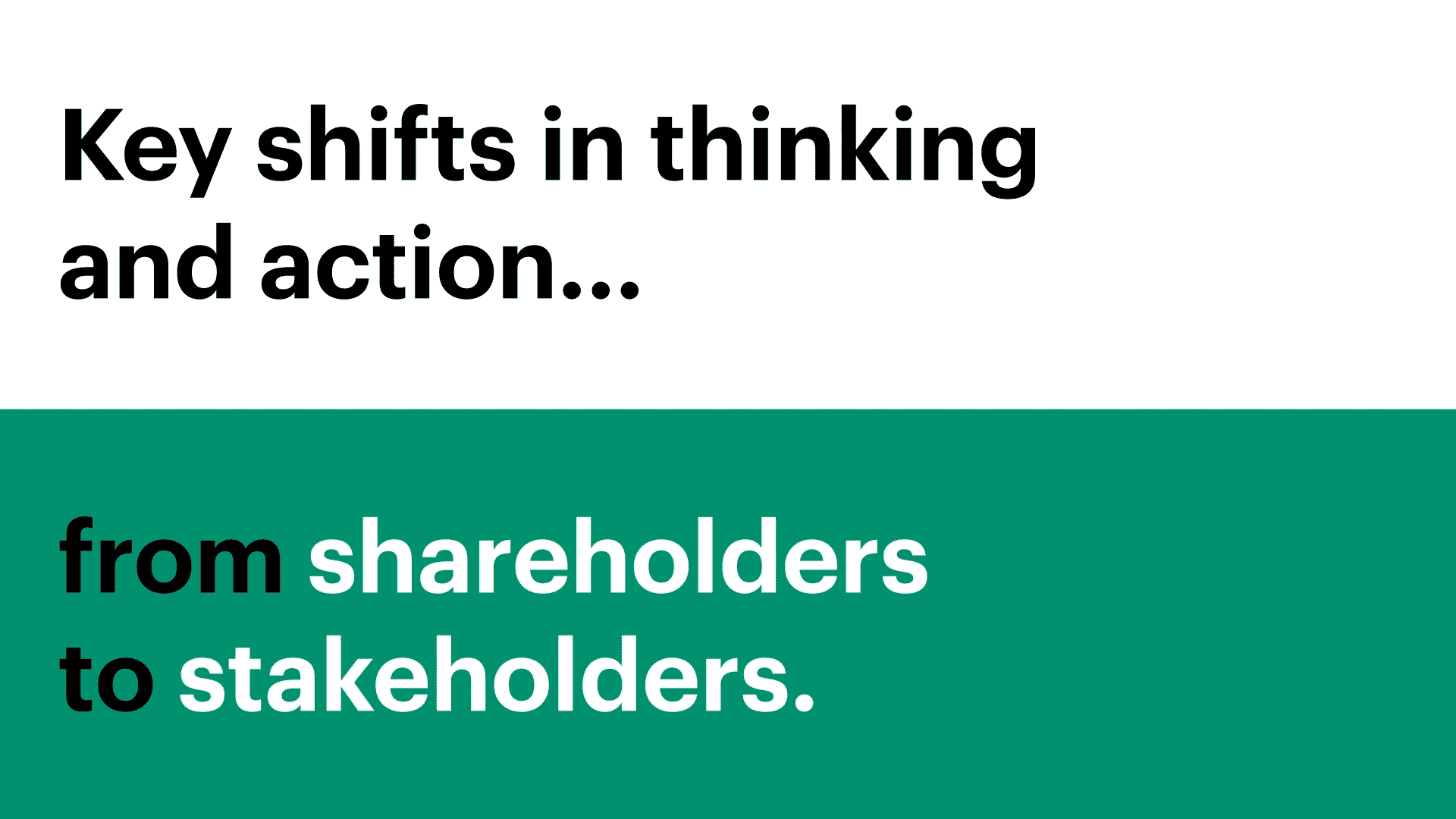Sustainability efforts face a broad ecosystem of interconnected issues spanning climate urgency, social inequity, and economic disruption. These efforts encompass a very wide range of initiatives, which must together create the change needed for a more sustainable future. At the recent global Business for Social Responsibility (BSR) conference, participants were given a broad overview of where we are now and the work that lies ahead in our sustainability journey. Not everyone is progressing together in this journey. It is clear that here in the United States, we are still far behind Europe, and while a number of large corporations are leading the sustainability charge, many are still in the early stages. There is a sense that we are building the plane as we fly it, which is perhaps inevitable in tackling something so big and important. Over the course of the BSR conference, related ideas for achieving our sustainability goals rose to the surface, again and again in various contexts. One helpful way to connect those ideas is to view them in terms of key shifts that begin to set into a larger narrative for where we must go next.
From shareholders to stakeholders
Dramatically expanding the definition of who companies are beholden to, to include a broad range of people and communities that are effected.
From unilateral effort to multilateral engagement
Moving toward collaborative work with multiple stakeholders including public/private partnerships built around shared purpose, values and goals.
From linear economy to circular economy
Dismissing the old model based on “take-make-waste” with consumption as the end point. Moving toward a model based on “made to be made again”. This model is regenerative by design and aims to gradually decouple growth from the consumption of finite resources.
From financial metrics to inclusive metrics
Longstanding measures for financial performance are expanded to establish widely accepted measures for all impact areas.
From capitalism to stakeholder capitalism
Reimagining the value of capitalism to serve not only shareholders but customers, suppliers, and local communities, making a global impact. Companies would seek to create long-term value rather than just maximize profits at the expense of the other stakeholders.
From short term horizons to long-term thinking
Changing the lens for how and what we value in a successful organization. There has historically been enormous pressure to evaluate public companies on quarterly returns.
From optimization to resilience
Valuing an efficiency that is resilient, adaptive, and responsive rather than increased efficiency at all costs.
From ambition to action
Beyond validating the importance of creating a sustainable future—moving toward actions that will bring ideas and ambitions to scale

